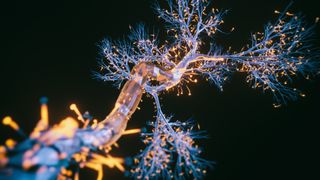Neuroscience
Latest about Neuroscience

These 3 neurons may underlie the drive to eat food
By Emily Cooke published
A brain circuit made up of three types of neurons may regulate appetite, a mouse study finds.
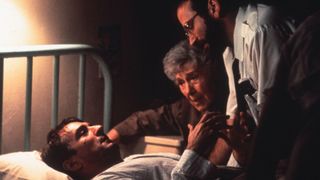
What really caused encephalitis lethargica, the mysterious disease described in the movie 'Awakenings'?
By Jonathan Rogers published
Revisiting a disease that affected a million people might provide answers we need for the future.
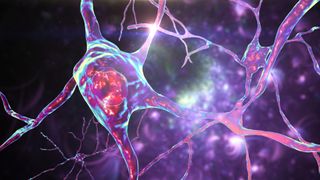
Trigger for deadly neurodegenerative disorder identified
By Emily Cooke published
The discovery of an important enzyme involved in Huntington's disease may pave the way for future treatments to prevent the condition, researchers say.

Our brains can understand written sentences in the 'blink of an eye,' study reveals
By Ben Turner published
Language processing happens at speeds significantly faster than it takes to speak one word aloud.

Why does drinking water feel so good when you're thirsty?
By Margaret Osborne published
Drinking water triggers a variety of complex biochemical reactions that reward rehydration and help satiate our thirst.
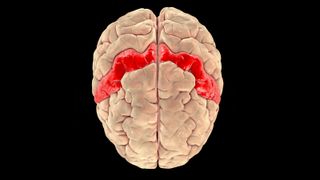
Monkey study reveals science behind 'choking under pressure'
By Christoph Schwaiger published
When a person (or monkey) is facing stakes that are too high, the stress can interfere with neurons, affecting how they direct the body to execute movements, a study suggests.
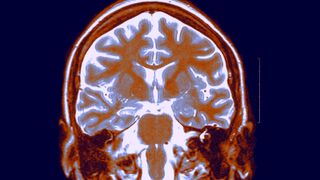
Men have a daily hormone cycle — and it's synced to their brains shrinking from morning to night
By Nicoletta Lanese published
A month-long study of a man's brain revealed that its volume consistently shrunk over the course of each day and then reset overnight.
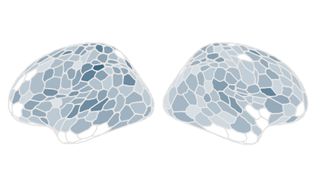
Pregnancy shrinks parts of the brain, leaving 'permanent etchings' postpartum
By Nicoletta Lanese published
A study tracks how the structure of the brain changes during pregnancy, drawing on brain scans gathered before, during and just after one person's pregnancy.
Sign up for the Live Science daily newsletter now
Get the world’s most fascinating discoveries delivered straight to your inbox.
